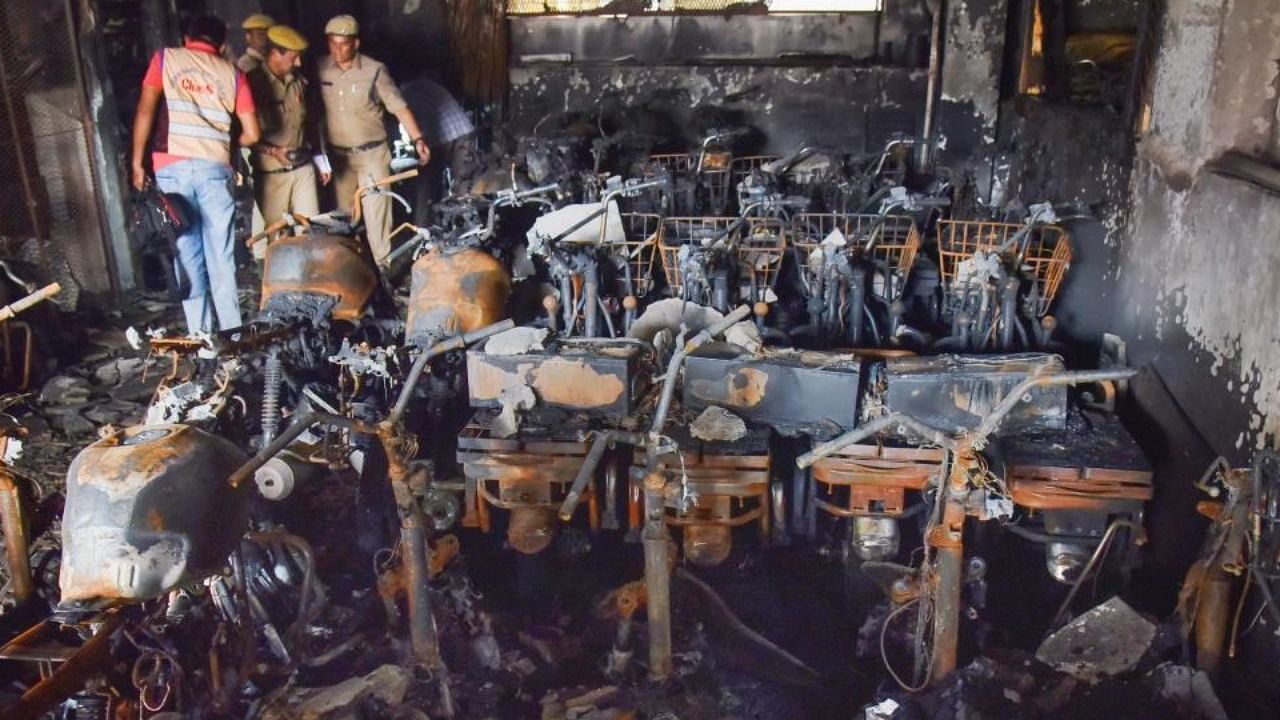
By Ragini Saxena
A deadly incident involving electric scooters in Telangana has once again sparked concerns about the world’s third-biggest emitter of greenhouse gases playing with human lives in the race to embrace cleaner transport.
A fire erupted at an electric scooter showroom of Gemopai, a joint venture between China-based Opai Electric and New Delhi’s Goreen E-Mobility, killing eight people, police inspector Y. Nageshwar Rao said by phone, without specifying what caused the blaze.
The tragedy prompted Indian Prime Minister Narendra Modi to offer Rs 200,000 ($2,500) compensation to the families of the deceased and Rs 50,000 to those injured.
A representative for India’s road transport ministry didn’t immediately respond to a request for comment. Gemopai said on Twitter that its teams from Telangana and Delhi “rushed to the incident site and are investigating the root cause of the fire.”
Frequent accidents involving electric scooters that catch fire are denting public confidence in India. Scores of people have taken to social media to urge the government to enforce stricter regulations on EV manufacturers, while others have faulted officials for aggressively promoting battery-powered vehicles without ensuring they are safe.
All that could jeopardize India’s nascent shift to clean transport, a push being led by electric scooters because they’re more affordable than expensive battery-powered cars, which remain out of most people’s reach.
Several electric scooters have caught fire this year due to a lack of testing and research around India’s hot climate and potholed roads. The incidents have also raised concerns about India’s reliance on imported EV parts from China, which deprives automakers of full control over the quality of their products.